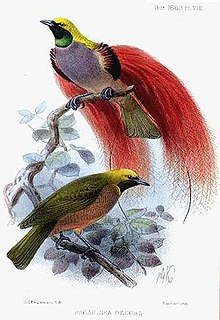A continuation~

Here is a report on a recent study that shows just how similar our brains are to rats and why they're considered "model organisms".
Rats' brains are more like ours than scientists previously thought
{ Neuroscientists face a multitude of challenges in their efforts to better understand the human brain. If not for model organisms such as the rat, they might never know what really goes on inside our heads. }
I also want to point out in advance that even among scientists, taxonomic levels below "species" genuinely do not have a uniform meaning and are used completely differently depending on what kind of scientist you're talking to. This includes "breed", "sub-species", "strain", etc.
Strain is commonly used for viruses/etc but scientists also use it to refer to different "strains" of genetically altered animals, usually strains of mice.
"Breed" and "Sub-Species" are hotly debated. In a lot of species, their "sub-species" aren't even genetically distinct, they instead refer to geographical populations or even simply being named for the scientists that discovered different colors/patterns.
A great example of this are the 39 species of Birds-of-paradise.
While they can be convincingly broken into ~15 separate genera, from there the difference between "sub-species" is geographic and pattern-based.
Visual example for fun because they're so interesting to look at:
genus: Parotia
Western parotia:

Queen Carola's parotia:

Lawes's parotia:

These are three different species on their own, and then they each have ~5 "sub-species" that only differ slightly in color/pattern or geographical range. Why aren't they considered breeds if they're genetically indistinct?
Some people would say that "breed" infers human guided selective breeding, but many consider the term applicable to all species that selectively breed based on their own preferences. The drastic variation in Birds-of-Paradise, all existing on one isolated island, is purely because females of their common ancestor desired different visual traits.




All of that weird ass shit evolved in males because that's what females wanted to see, they selectively bred with the males they found most attractive, not indiscriminately to simply keep the species going.
Slightly derailed myself, but they're interesting little birds.





